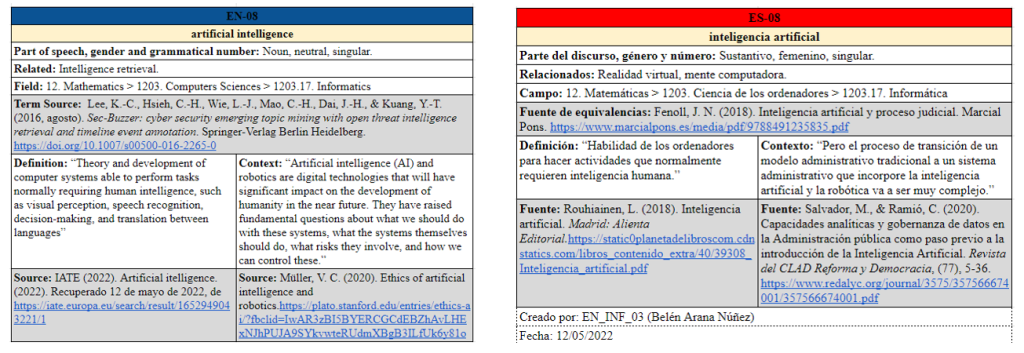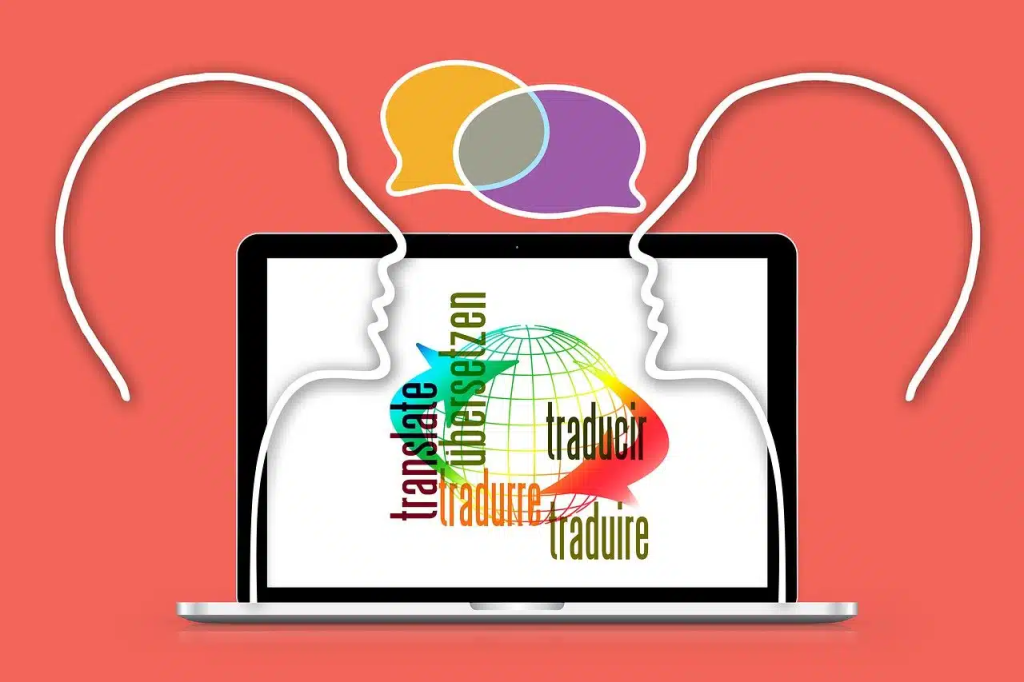I am a translation and interpreting student in Spain doing here my Erasmus exchange year and I couldn’t resist not writing something on this topic before block one ended so here it is.
Since I started my bachelor’s, I have been hearing different opinions on what I study whether it is useful or not, and whether I will be able to find a job related to my studies or not. I guess this happens with all bachelors, but I decided not to hear these opinions, whether they were nice or not. I just enjoyed learning languages, and this was the best way to make it useful. After four years of bachelor’s, I can say I love what I do and what I learn every day about it.
In translation, we can use many tools to get a proper result. For example, we have dictionaries, which can be used in print or online (I prefer online ones) and we also have automatic translators such as Google Translate, Deepl…
Talking about automatic translators, on the one hand, I agree it’s a great tool, but you must know when to use it and how to. Going on a trip to Italy and knowing anything about the language, okay, normally people all over the world would speak English, but have you ever experienced the feeling of going on holidays and speaking to locals and understanding them? Here an automatic translator can be a great help, then use one of them to survive and order some tap water.
You can also use it if you are living abroad, as I am, and go to the supermarket, then I found Google Translate very useful here as groceries can be translated with the help of your camera and some internet.
On the other hand, we have some occasions where I would recommend that you shouldn’t use automatic translators. If you need something specific to be translated, for example, legal or medical content, where the communication is official, professional, or business-related as could be in the government or in political meetings, texts with cultural nuances and idiomatic expressions that can lead to confusion if the translator doesn’t understand the background or the cultural weight.
When I’m working on some translations, depending on what the topic is about, I normally use automatic translators to help my work be done faster. A translator has a lot of work to do apart from translating, it is:
- Doing research about the main topic of the text (for example, if it’s a book they should know how the writer writes; if it’s a series they must know what the personality of the characters is like; if it’s a menu from a Spanish restaurant, this is my favorite example, they should be aware of what a Salmorejo is, not just translate it as cold tomato soup)
- Use some software such as Antconc to get a list of the main words we are going to see in the text, then we can make our own Corpus, with those words. A corpus it’s not just a list of words in both languages, it can be pages on Excel with the meaning, the translation, the word in a context, and sometimes even a photo of it to make the job easier when we continue with the text. Normally we save these lists for future texts.
- Starting with the translation, that can take days or even weeks. This doesn’t depend on the length only, but also on the level of specialization of the text itself.
- Check the text twice and correct errors or improve sentences.
- Design the final text translated, whether it is a web page or a tale for children.


This work is a lot to do and it’s impossible that a machine can substitute it. Normally all this work is not done by just one person but by a group of people specialized in this and guided by a group manager with curfews.




Recent Comments